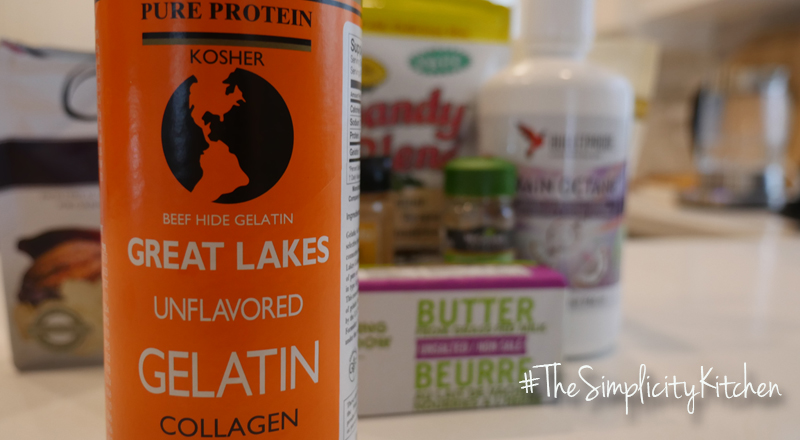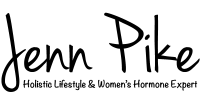Natural Treatments for Women’s Hairloss

Finding clumps of hair in your brush can be traumatic, whatever your age, but it’s not unusual — statistics show that hair loss affects 16 million in Canada alone.
There are a variety of possible causes behind hair loss. Pattern baldness or permanent hair loss is simply the result of genetics. Increased hair shedding or temporary hair loss can result from poor nutrition, genetics, imbalanced hormones, medications such as chemotherapy, radiation treatment, infections, chronic stress, and rapid weight loss, to name a few. Certain illnesses and diseases — like anemia, low thyroid hormone levels, lupus, and some cancers — can also cause hair loss or hair shedding. In most of these cases, hair loss is not permanent.
As well, sometimes dropping weight too quickly, or fad or extremely low-carbohydrate diets, can cause imbalances in the body that result in increased hair shedding. Following a healthy weight-loss program can prevent this from happening. A healthier diet, which is balanced in protein, carbohydrates and healthy fats, may help to prevent such nutritional deficiencies.
The first step to determining the treatment for hair loss is to identify the cause behind it. Even the pattern of hair loss can help to establish the root source. For example, women may lose hair from the crown of the head — similar to male pattern baldness — with an elevation of testosterone levels, whereas nutritional deficiencies may cause generalized hair loss over the whole head.
Recommended blood tests
In all cases of hair loss, it’s also important to ensure that the following blood tests are completed by your doctor:
- TSH, free T3, free T4, and thyroid antibodies: These are tested to assess thyroid gland function. All of them should be completed to properly diagnose a thyroid condition that may result in excessive hair loss. (Note: Optimally, your TSH should be less than 2.5.)
- Ferritin: This is the storage form of iron. Low iron (<70) is a very common cause of hair loss.
- Vitamin B12 and folic acid: Low levels of ether of these nutrients may cause hair loss.
- Copper and zinc: Excess copper relative to zinc could result in hair loss.
- Dihydrotestosterone: High levels of this hormone are related to hair loss in both men and women.
- Progesterone and estradiol: Low levels of estrogen can cause an increase in hair loss.
- DHEAs and cortisol: High levels of cortisol or low DHEAs may contribute to hair loss.
- Free and total testosterone: High levels of testosterone in women could accelerate hair loss.
- Biotin: A deficiency of biotin can cause progressive hair loss.
Helpful supplements to prevent hair loss
A balanced diet can help prevent or reverse hair loss when it’s cause by nutritional deficiencies, but supplements can also be useful. The principal nutrients involved in healthy hair growth are vitamin A, certain B-vitamins, biotin, vitamin C, copper, iron and zinc. Sufficient protein and water intake are also important.
- Iron: This mineral’s main job is to carry oxygen in the hemoglobin of red blood cells. Iron deficiency can lead to a condition called anemia and to possible hair loss or increased hair shedding. Anemia can be easily diagnosed with a blood test and is characterized by fatigue, weakness and general poor health. Anemia can be caused by more than just iron deficiency. The reference daily intake for iron is 18mg. The recommended daily allowance of iron increases during pregnancy and breast-feeding.
- Zinc: Dandruff and hair loss are both conditions associated with zinc deficiency. Zinc is a mineral that promotes cell reproduction and tissue growth and repair. Zinc also functions in the maintenance of the oil-secreting glands attached to hair follicles. The reference daily intake of zinc is 15mg for the average adult. Instead of taking this mineral as a solo supplement, look for a great quality multi-vitamin, like Juice Plus.
- Vitamin B6, B12, folic acid and biotin: All of these B vitamins are essential to the creation of red blood cells or the hemoglobin (iron-containing) portion of red blood cells. Hemoglobin’s main function is to carry oxygen from the lungs to tissues in the body, including the hair. Healthy and strong hair requires a constant supply of blood and oxygen. A deficiency of these B vitamins can cause reduced blood and oxygen supply to the hair, leading to increased hair shedding, damaged hair, and slow regrowth. Although uncommon, sometimes a biotin deficiency can also contribute to hair loss. The reference daily intake for biotin is 300mcg for the average adult.
- Vitamin C: A vitamin-C deficiency can make hair more likely to split and break. This usually only occurs with severe deficiency and can be reversed when vitamin C intake is increased. Vitamin C is essential to producing collagen, a connective tissue that gives structure by holding tissues in the body together, including the tissue in hair.
- Taking a high-quality, whole foods multi vitamin, like Juice Plus is an excellent way to increase your intake of the vitamins and minerals listed above.
- Collagen, or gelatin, can be found in powder form. In addition to being great for hair growth, collagen is useful to help repair your gut and is a great source of protein.
Looking for a pre-holiday reboot? This past week my Nutritionist bestie, Samantha Gladish and I, hosted a free webinar, sharing tips on how to head into the holiday hustle feeling recharged. There were so many goodies shared in this webinar, I don’t want you to miss out. To watch the replay, >> click here! <<
